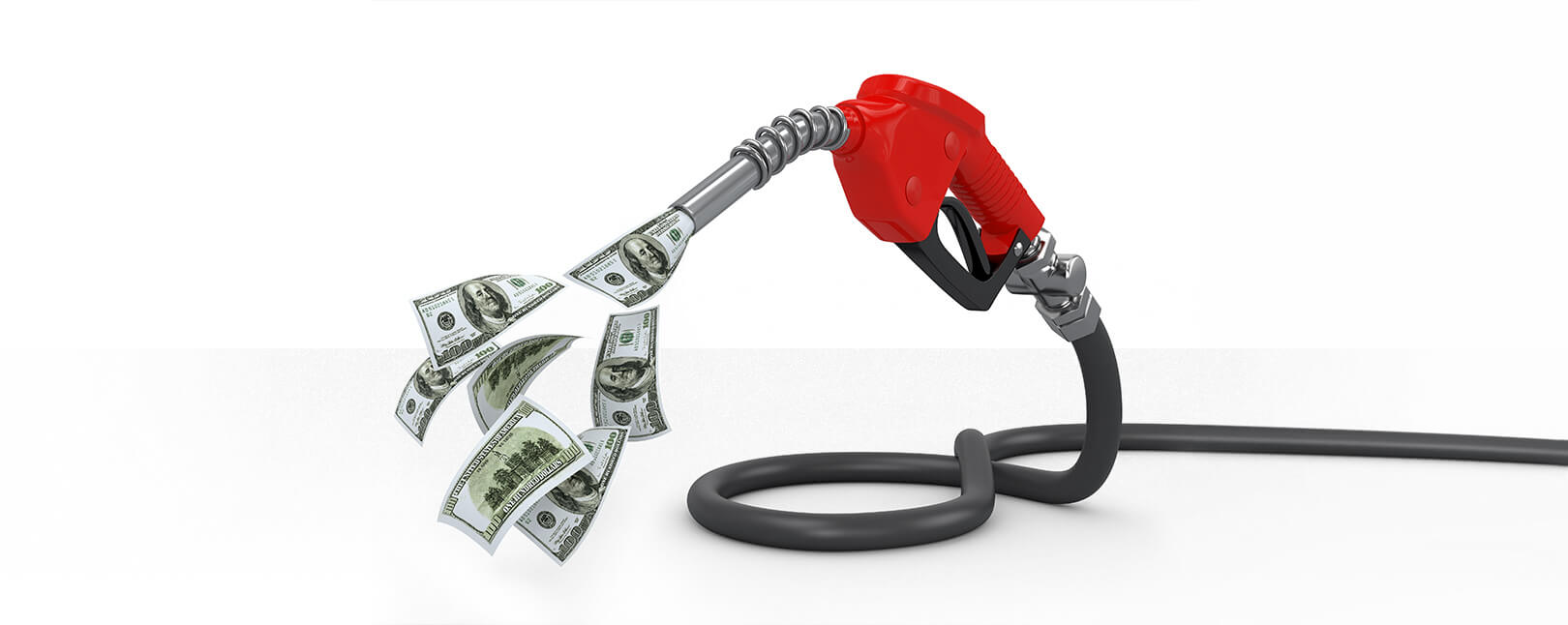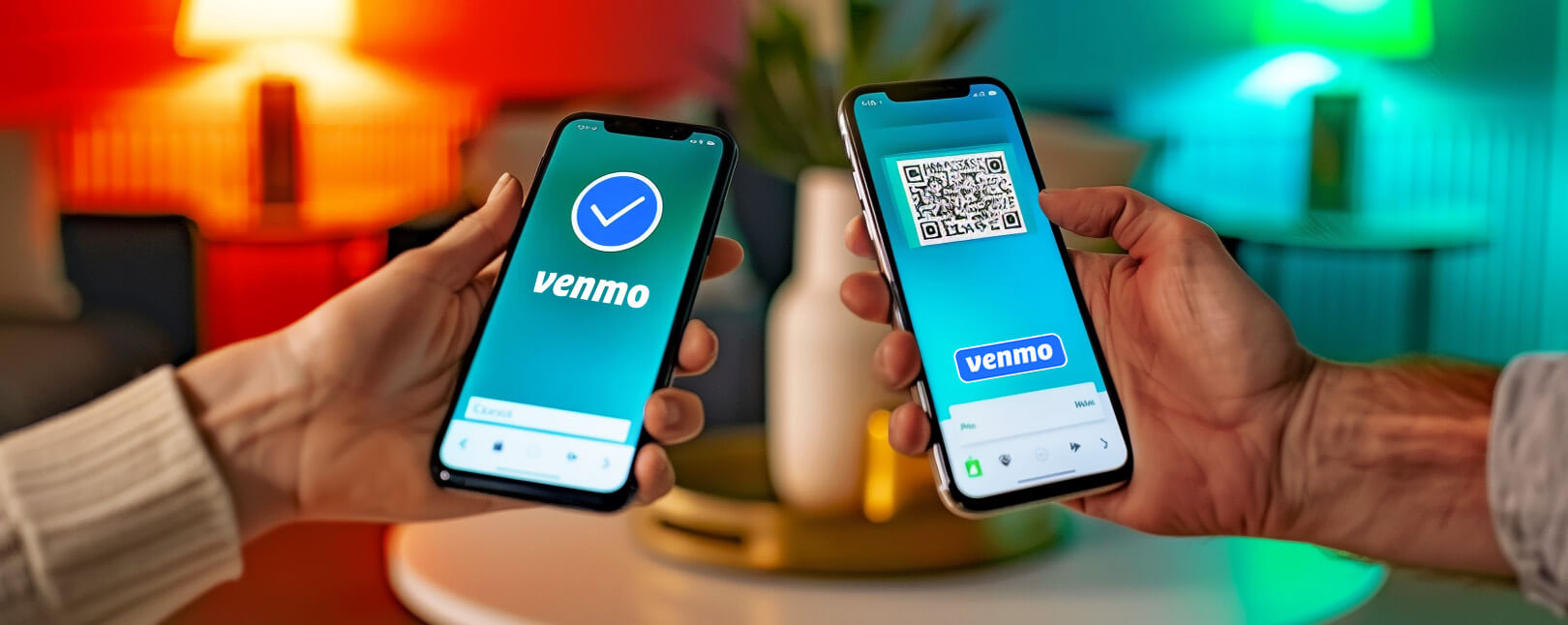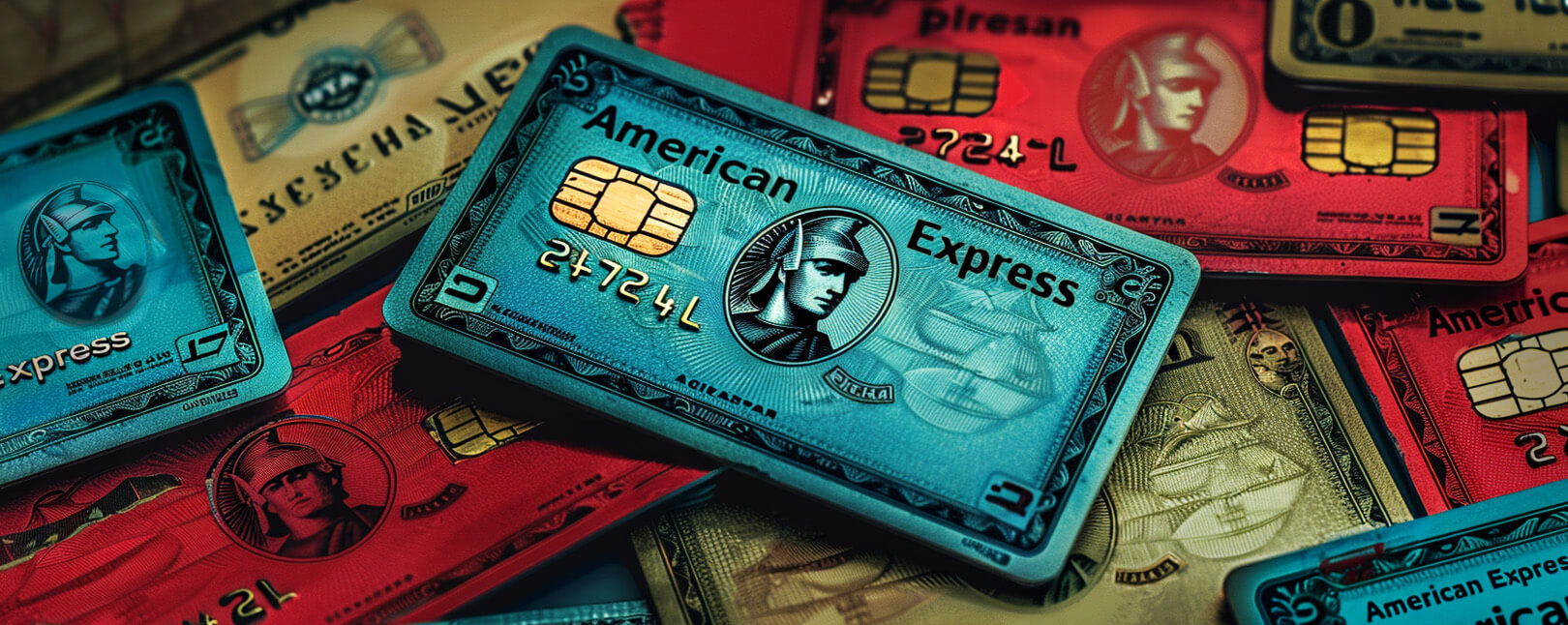Manage AFD Chargebacks by Eliminating Fraud Threat Sources
Customers tend to assume that gas station operators take in money hand-over-fist. After all, looking at the price at the pump — how could they not be raking it in?
Of course, the reality is that operators of automated fuel dispensers (AFDs) generally have very thin margins. Even under good circumstances, many operators generate as little as 2% in profit from a gallon of gas. Most operators rely on the gas pumps to bring in customers, then generate their actual profits from ancillary purchases like snacks and drinks.
That’s a problem, however, as AFDs are hot targets for fraud and resulting chargebacks. AFD chargebacks could end up siphoning off a lot of the revenue generated by the actually profitable side of the business.
Why is that the case? More importantly, if you’re an AFD operator, what can you do to protect your bottom line?
Recommended reading
- Venmo Chargebacks: How Do Disputes Work on Venmo?
- Bank of America Disputes: Here's What You Need to Know
- Wells Fargo Disputes: Chargeback Rules & Things to Know
- American Express Chargebacks: Rules & Time Limits & More
- Stripe Chargeback Guide: Time Limits & Other Info You Need
- What is a Bank Chargeback? What Makes Them Different?
AFD Retailers & Risk
Essentially, the self-service nature of the automated fuel dispenser is at the core of the issue.
These pumps are outside, unattended, and cannot be supervised at all times. As a result, they are an obvious target for someone looking to tamper with a machine for card skimming purchases.
Despite that fact, AFD operators — those using merchant category code 5542 (automated fuel dispensers) or 5541 (service station) — were exempted from EMV liability rules for several years. The reason for this is that each AFD is a complex machine with a built-in card terminal.
Depending on how many pumps a service station has, upgrading to EMV chip technology could’ve cost hundreds of thousands of dollars per outlet. It would’ve been unreasonable to insist that merchants abide by the original 2015 deadline.
The EMV liability shift for gas stations was delayed multiple times. Things finally changed as of the final April 2021 deadline, though. Non-compliant merchants now face increasingly harsh penalties the longer they hold out.
Retailers & AFD Chargeback Liability
Now that the EMV deadline has come and gone, many AFD merchants are facing a much different payments landscape than they were accustomed to:
At this point, any remaining EMV holdouts should reconsider their investment in fraud prevention and strategies. It’s best to become compliant with the EMV standards as soon as possible.
Of course, the cost for switching to new POS hardware can be considerable. But, as we’ve demonstrated, the costs for refusing could be much higher.
AFD Retailers & Authorization Limits
Authorization limits imposed by regulatory bodies are an additional concern that many operators frequently cited for continued non-compliance with the recent mandates. Many were concerned that they would lose revenue by limiting amounts that could be spent at their pumps.
However, the issue was swiftly revisited by Visa in October 2020 to declutter EMV deployment throughout the US. Visa implemented higher authorization limits for automated fuel dispenser transactions acquired by US merchants.
As of 2020, Visa increased AFD status check authorization limits to $125 for non-fleet cards, and $350 for fleet cards. The new authorization limits apply to transactions that are both:
Chip-on-chip
Partial authorization pending
Otherwise, authorization limits will remain at $100 for non-fleet cards and $150 for fleet card transactions that do not meet the above criteria. According to Visa, issuers will continue to be liable for transactions up to these limits, and can therefore initiate disputes under chargeback reason code 11.3 (no authorization) for the difference between any final transactions that exceed these limits.
Visa advises the following authorization best practices:
Of course, it’s always a good idea to keep excellent records of every transaction hiccup, especially those initiated by a customer’s issuing bank. Frankly, these issues tend to lead to disputes and chargebacks fairly regularly, and good record keeping can make all the difference if you decide to fight back.
Responses to Changing Fraud Liability at Gas Pumps
We can look at this from two different perspectives: the response by retailers, and that by suppliers.
Some gas retailers who have been unable to meet the compliance deadline have opted to simply switch off payment options at the pump. They’ve begun forcing customers to pay inside with the chip card, rather than pay for upgraded POS terminals at the pump.
“One option open to gas stations that cannot afford to replace their payment terminals, or want to but are facing lengthy delays, is simply to switch off their at-pump payments altogether and rely solely on the checkouts in their convenience stores,” says Lori Griboski, VP, Petroleum Sales at Paysafe. “In many cases payment terminals inside stores have been upgraded to being EMV compliant before the at-pump terminals as this is cheaper and easier to do, although it isn’t the case that all gas stations have done this yet.”
This can seem like a viable alternative to compliance at the pump for the short term, in the long run, convenience will likely drive your customers elsewhere. Remember, we are living in the era of instant gratification. Forcing unnecessary inconvenience and friction at checkout is probably not a great plan.
Also, while merchants are not required by law to upgrade their systems, they are being charged fees by petroleum companies for non-compliance with the EMV mandates. The coporations are, as Griboski explains, “pass[ing] the financial burden of being liable for fraudulent payments onto their gas station owners.” Many of these fees start at $250 per month, and increase each month you fail to comply.
Neither of these responses are viable in the long term. Ultimately, merchants will need to comply with EMV regulations. It will also help, though, to implement chargeback prevention best practices at the pump.
Top 5 Tips for AFD Chargeback Prevention
If a customer files a chargeback, the merchant stands to lose the funds from the original transaction and pay additional fees and costs.
For example, let’s assume an individual buys $75 worth of gas, then the cardholder files a chargeback. In this case, the merchant loses the $75, plus the fuel, and pays a nonrefundable fee (as determined by the acquirer). This also doesn’t account for the cost of overhead from processing and trying to fight the chargeback if it was filed in error.
Considering the kinds of margins with which AFD operators work, it may take hundreds of sales to recoup losses from just one AFD chargeback. Fighting the rising tide of chargebacks at the pump isn’t going to be easy, though.
That said, there are some basic practices merchants can put in place to help prevent disputes.
While these are all important practices to help prevent criminal attacks and merchant error, that still leaves the problem of friendly fraud. While this is mainly an online phenomenon, there’s still a decent risk posed by first-party attacks at the pump.
Friendly Fraud Has Only One Solution
The chargeback process used to be an obscure payments industry procedure. More and more cardholders are aware of it now, though, and they’re using it as a tool to commit friendly fraud.
This is not always deliberate. Sometimes, a buyer may simply not recall completing the purchase and assume it’s fraudulent. Other times, however, the user might abuse the chargeback process deliberately to try and get something for free.
Friendly fraud is post-transactional in nature. It doesn’t appear as fraud until the moment the customer files a dispute, so pre-transactional tactics won’t really work. The key to friendly fraud is first eliminating the possibility of merchant error or criminal activity. Once these threats are managed, merchants can engage in chargeback representment to fight back against friendly fraud.
Representment is the only reliable method of recovering revenue lost to friendly fraud. That said, it’s a complicated and time-consuming process involving multiple parties, extensive recordkeeping, and lots of back-and-forth communication between different parties. Most merchants simply don’t have the time or resources to fight and win disputes.
Chargebacks911® offers the industry’s only full-service chargeback solution. We provide end-to-end protection to fight chargebacks and ensure long-term chargeback reduction, all backed by a 100% ROI guarantee. Thriving in this market is tough. Let Chargebacks911 lend you a hand.
FAQs
What is an AFD?
AFD stands for “automated fuel dispenser.” Commonly referred to as a gas pump, AFD are self-service machines seen at convenience stores and other locations that offer fueling services.
Are AFDs vulnerable to fraud or chargebacks?
Yes. The unattended self-service nature of the AFD business increases is at the core of its vulnerability to fraud and chargebacks. AFD merchants had been reluctant to accept the costs associated with equipment and hardware upgrades mandated by the EMV Liability Shift of 2015. However, after the April 2021 deadline, several things have changed and non-compliant merchants face increasingly harsh penalties the longer they hold out.
What has changed for AFDs since the Liability Shift?
There have been lots of changes for AFD merchants since the liability shift, but the most important of these is that chargebacks have become a much bigger problem. Merchants can expect to see 615 million global chargebacks a year.
What are Visa’s new authorization limits for AFDs?
As of 2020, Visa increased AFD status check authorization limits to $125 for non-fleet cards, and $350 for fleet cards. The new authorization limits apply to transactions that are both: “chip-on-chip” and “partial authorization pending” transactions. Authorization limits for other transactions will remain at $100 for non-fleet cards and $150 for fleet cards.
How can AFD merchants prevent chargebacks?
Compliance with best practices is the key to chargeback prevention. Merchants should use Address Verification Service (AVS), accept declines, reject expired cards, prevent duplicate transactions, and avoid delays when submitting transactions for processing.














